- Food Jungle
- Posts
- Avian Influenza. Again.
Avian Influenza. Again.
11th April, 2024

Hi everyone and welcome to the interview and analysis corner! This week I wanted to talk about the recent uptick in Avian Influenza - or bird flu - cases across the United States.
In particular, I wanted to take the time to shed light on the situation and clear up any worries you may have about bird flu being “the next pandemic”, while also reminding us that this is an obvious lesson for humanity in how NOT to produce our food. Let’s dig in.

Well, this is me.
The situation
For those who don’t know, bird flu is a group of viruses, which are fatal for birds. And, ever since it was first identified in geese in 1996, bird flu has been a nuisance all over the world.
In the United States, standard protocol dictates that, if bird flu is detected on a poultry farm, the birds MUST be culled.
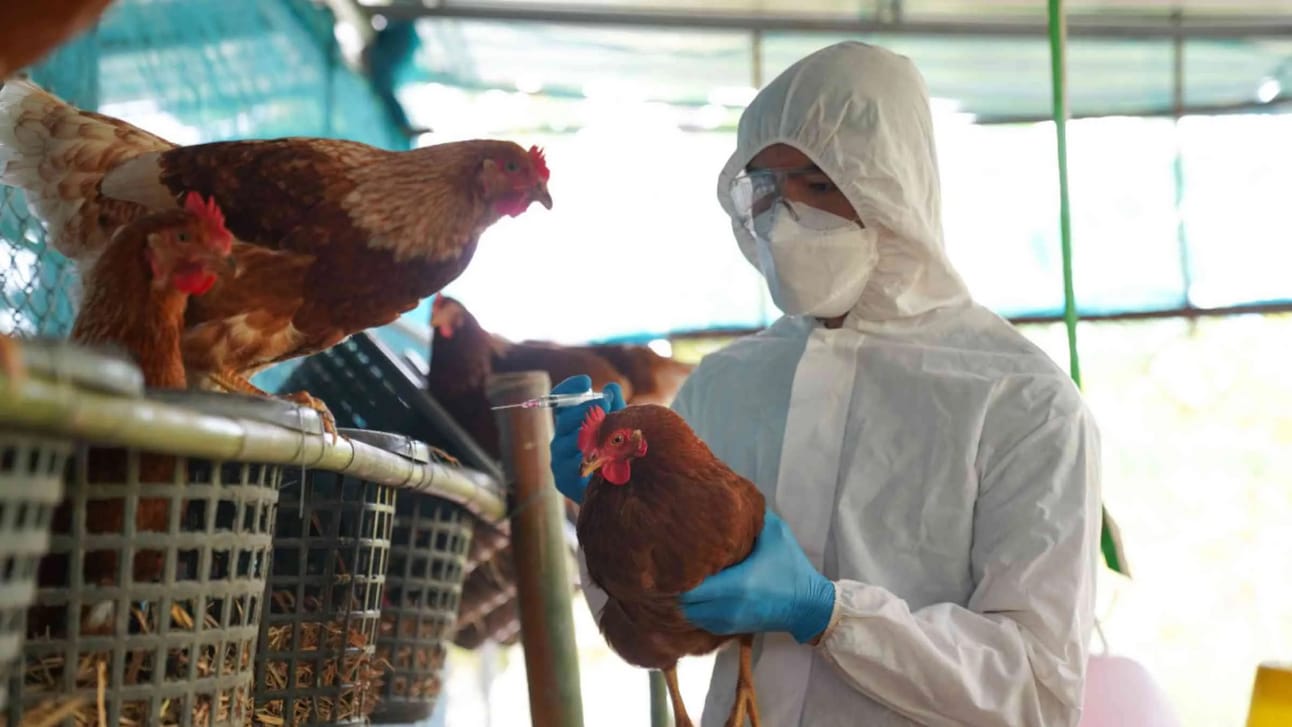
Indeed, since February 2022, more than 82 million farmed birds have been culled in the United States. Most recently, the largest American egg producer - Cal-Maine Foods - has reportedly culled 1.6 million laying hens. Crazy.
Much worse, though, is that this virus has now been spotted in dairy cattle - a first for the country - and in one person in Texas.
False advertising
I would like to reassure you that this is NOT the next pandemic. A vaccine for bird flu already exists and this is not the first time a person has been infected.
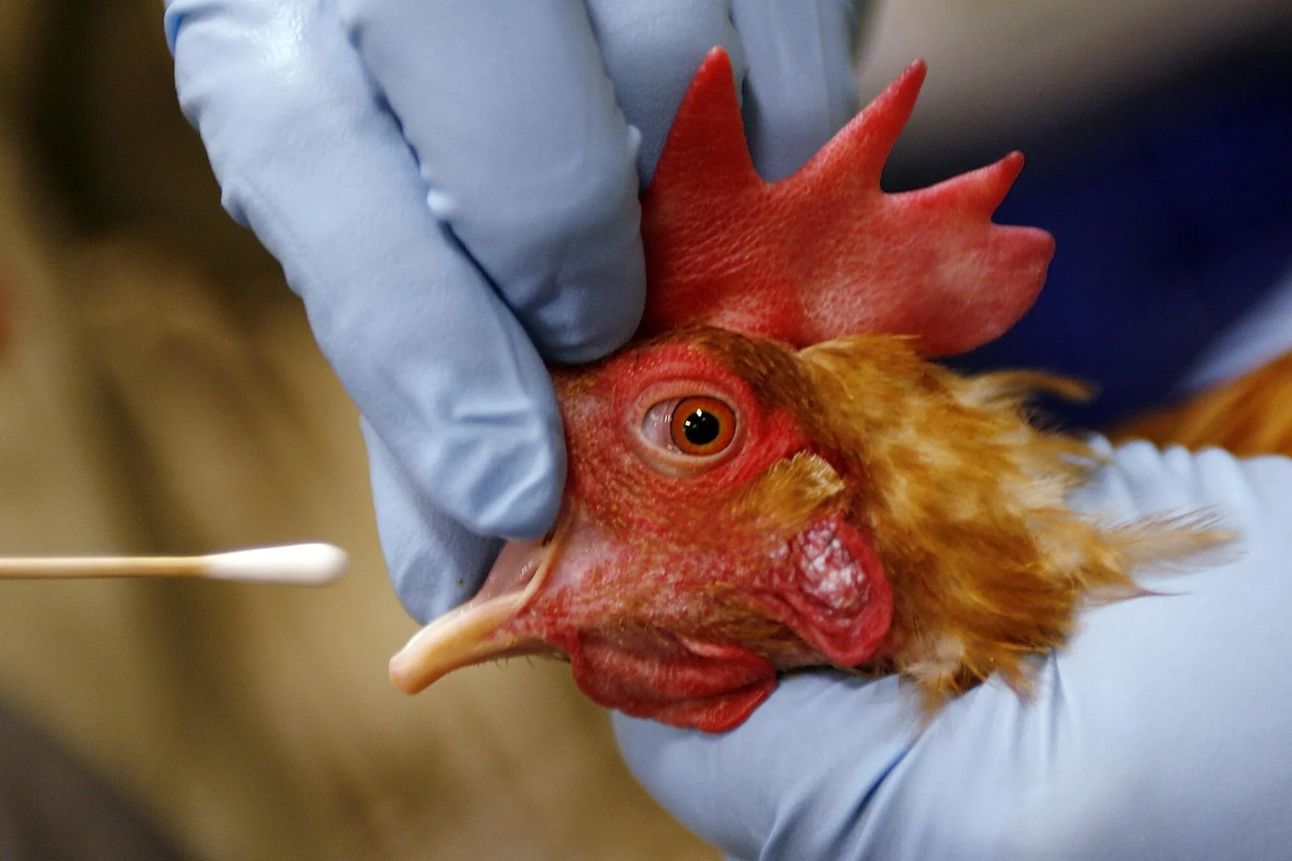
Rick Bright, the chief executive of Bright Global Health, a public health consultancy, for example, has already said that “we are more ready for an influenza pandemic than probably any other outbreak”.
Alarm for the consumer
However, despite the mild concern I have for yet another pandemic, the costs of this situation will be passed on to the wallets of the American consumer.
When the avian flu started to pick up steam in 2022, the US Department of Agriculture paid poultry producers more than $500 million as indemnification for the turkeys, chickens, and egg-laying hens they were forced to cull.
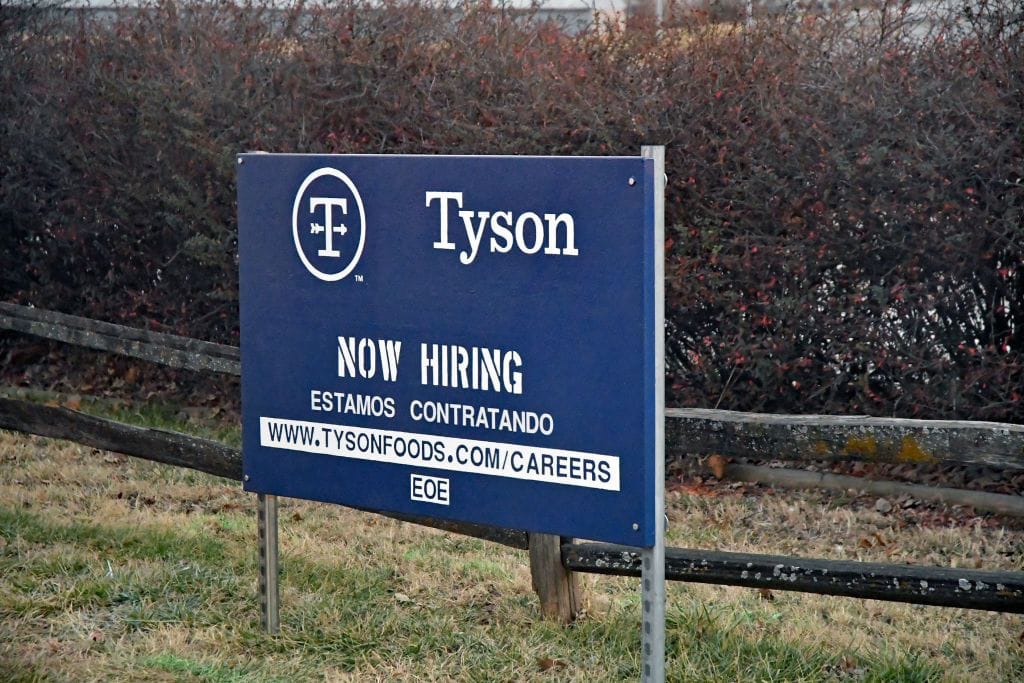
Among the biggest recipients of these funds were Jennie-O Turkey Store and Tyson Foods, which were paid $30 million and $88 million, respectively. Both these companies also recorded billions of dollars in profits last year.
On top of that, egg prices have been at their highest levels since April 2023.
So, the biggest poultry producers got reimbursed, without their profits being compromised, while passing on the problem of a depleted egg supply to American consumers that are already trying to cope with food inflation.
Why this sucks
Most troublingly of all, though, is that this problem was caused by mass poultry farming in the first place!
To maximise efficiency, huge poultry farms cram their birds into tight spaces. And, apart from being an ethically questionable practice, it makes the spread of disease — such as bird flu — MUCH easier.
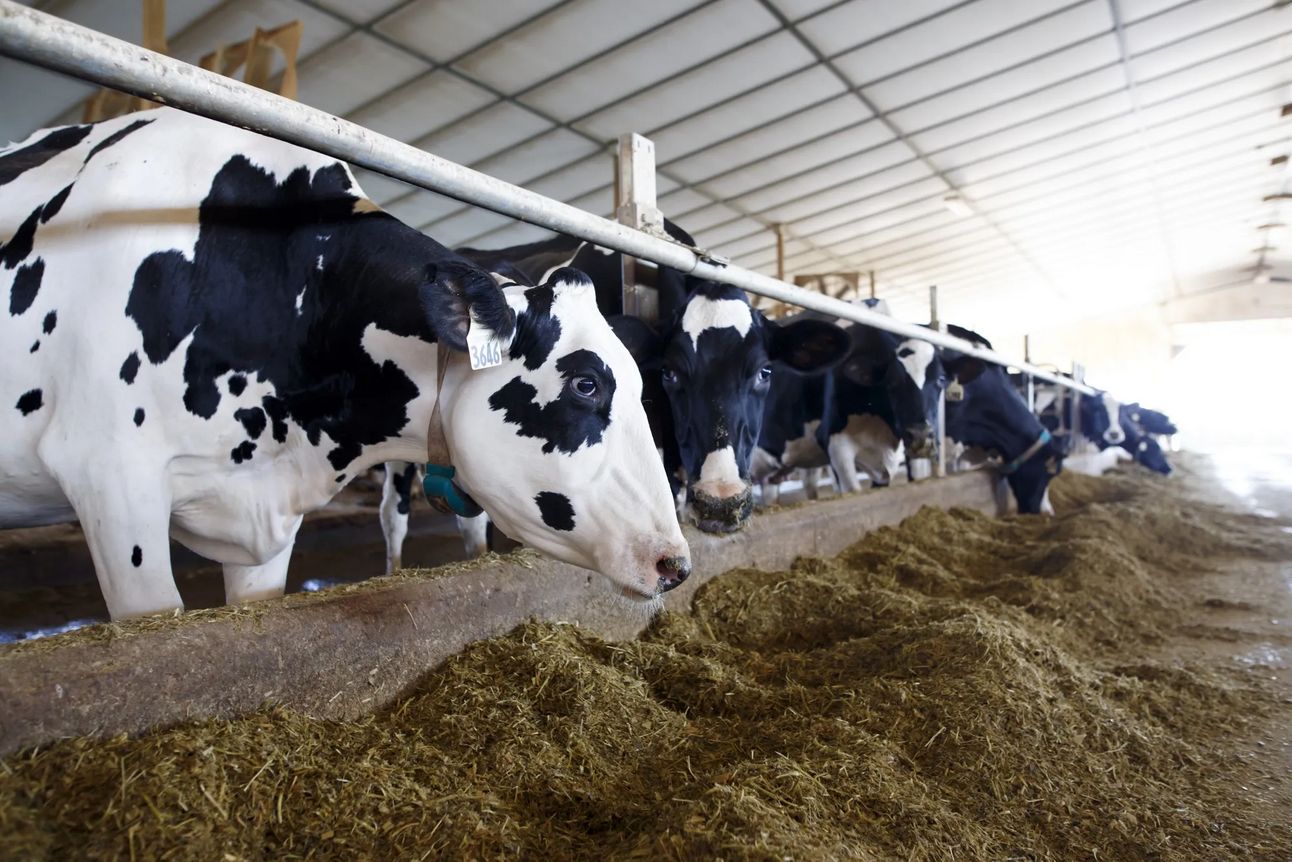
Worse still, cattle in America are still legally allowed to be fed “poultry litter”: a practice whereby cattle farmers mix chicken faeces, feathers, and scraps from the floor into cow feed.
This is cost-effective, but infected poultry litter seems to be the prevailing explanation for the discovery of avian flu amongst dairy cattle in six US states so far.
Dairy cows are fed chicken faeces. Let that sink in.
This sort of mismanagement and carelessness is a perfect breeding ground for viruses that get out of control. Unfortunately, as I’ve already stated, it is the consumer who pays.
Concluding thoughts
This whole saga should be a lesson in how not to produce our food. Tight living spaces for animals and chicken faeces for dinner should never be encouraged.
But, payments of millions of dollars in indemnity to producers like Tyson Foods enforce the idea that it’s “business as usual”. It’s the agricultural version of a bail out.
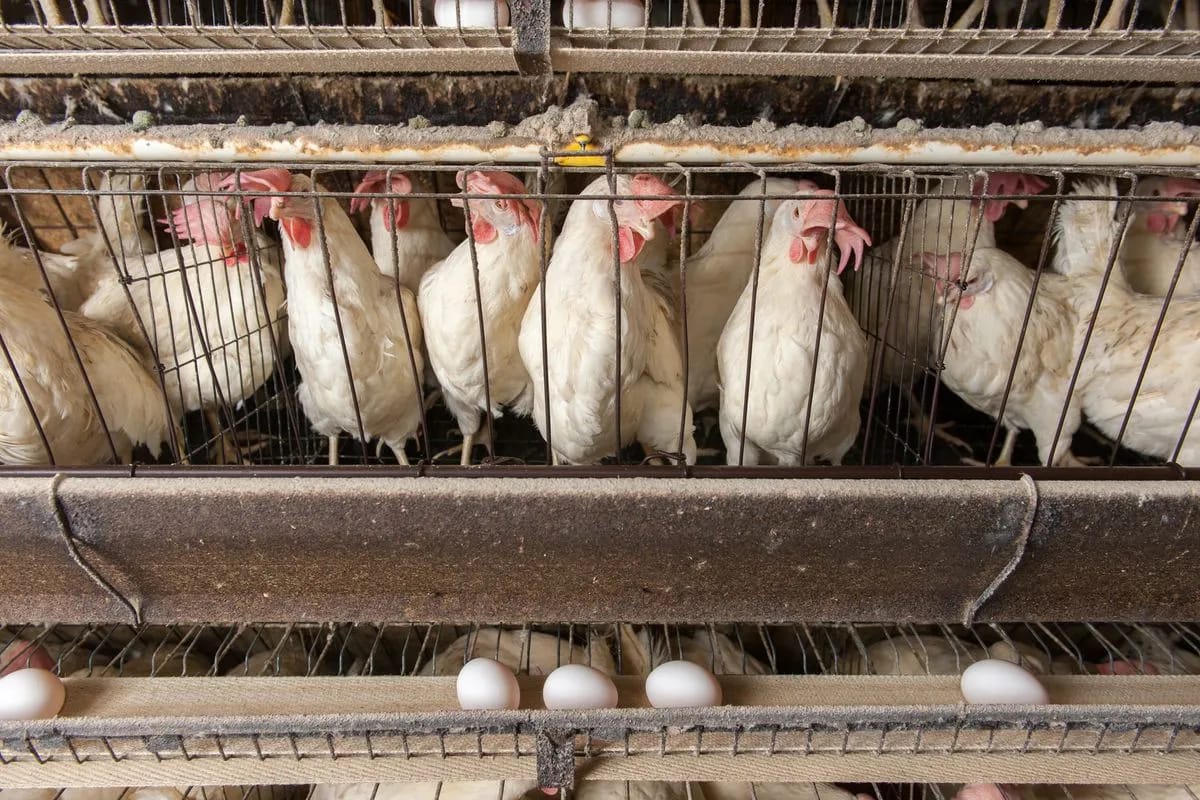
Big producers will keep on producing food in a way that risks the lives of the animals and the people that eat them until a virus mutates one final time and it becomes too late to act.
Unless something changes in the way animal products are produced in the US, this will keep happening and it won’t be the companies that pay.

Reply